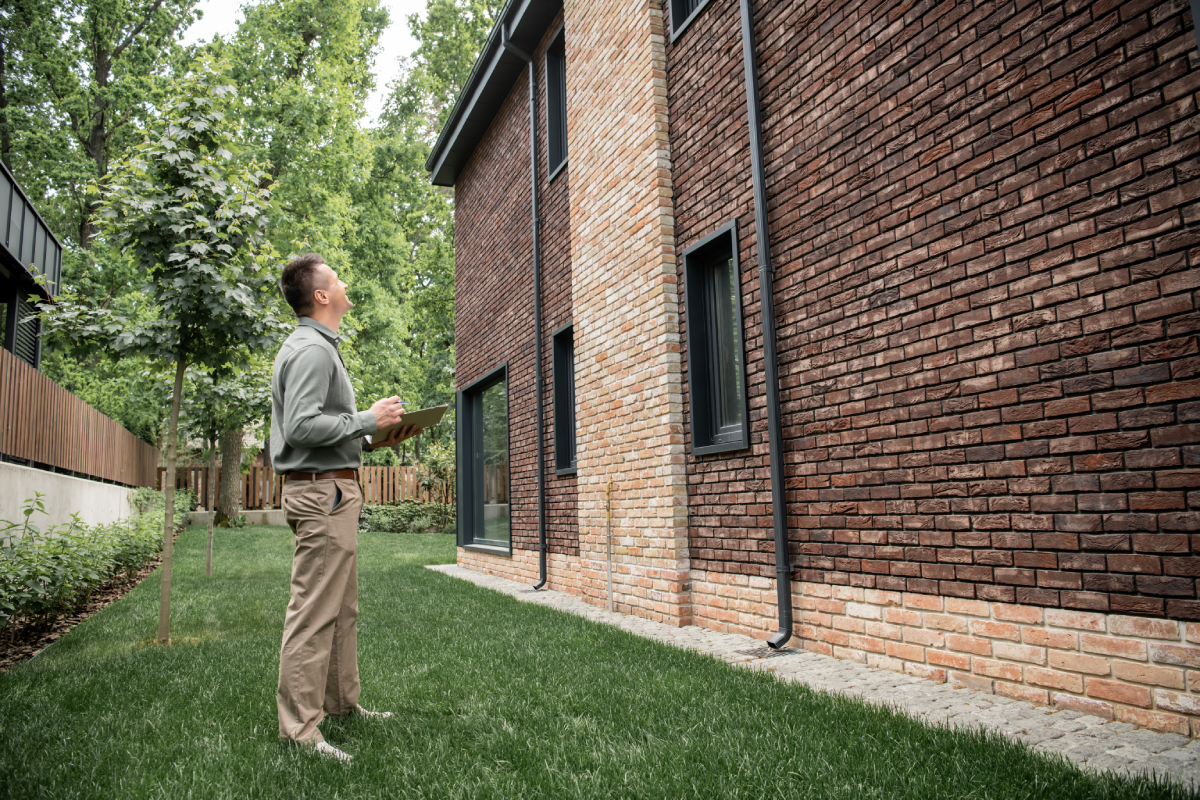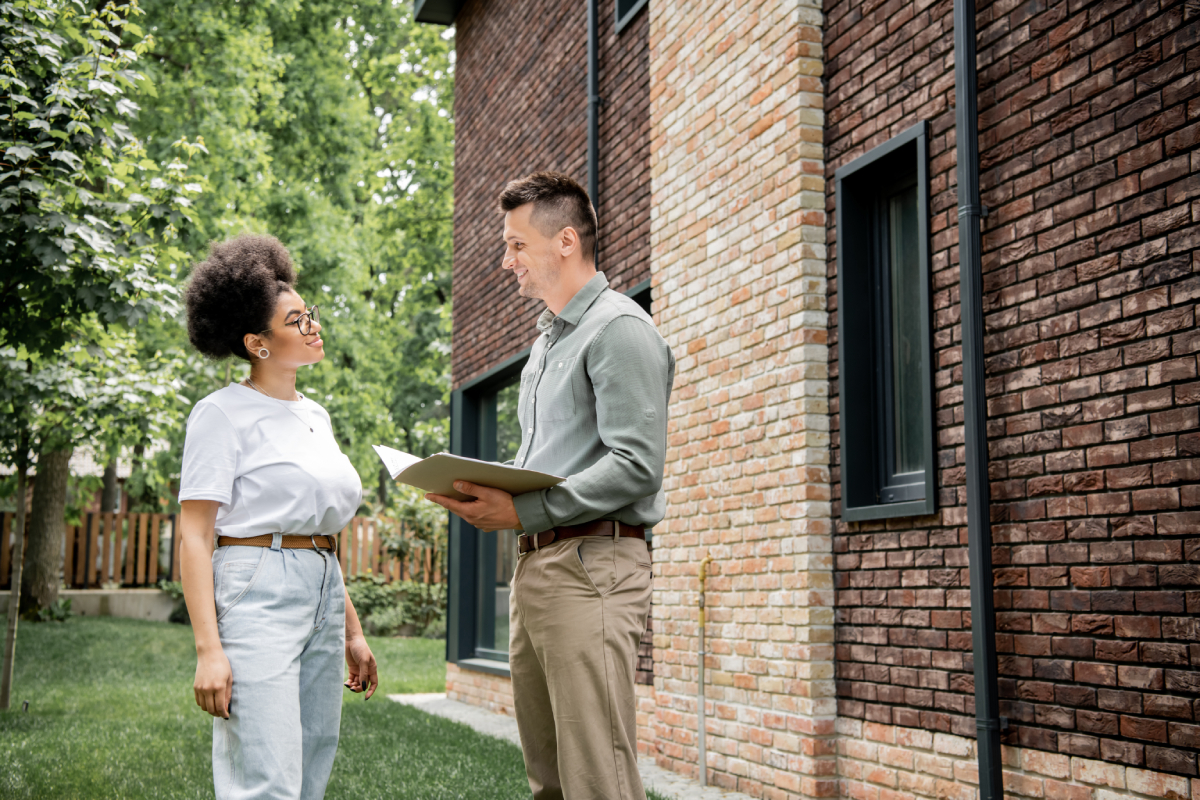How Much Does a Home Inspection Cost in Montreal, Canada?
Purchasing or selling a property is one of the most significant financial decisions most people will make. Conducting a thorough home inspection is critical to ensure the right investment. A home inspection in Montreal provides buyers and sellers with essential information about the property’s condition, highlighting potential problems needing immediate attention or repairs. This process helps avoid unpleasant surprises post-purchase and empowers buyers to negotiate based on the inspection results.
If you’re in Montreal, Canada, how much does a home inspection cost, and what does the process entail? This guide will walk you through everything you need to know about home inspection costs in Montreal, including the factors influencing pricing, the types of inspections available, and how to choose the right home inspector. By the end, you’ll understand what to expect when hiring a professional home inspector and why it’s a worthwhile investment.
Factors That Affect Home Inspection Costs in Montreal
The cost of a home inspection can vary widely depending on several critical factors, including the size of the property, the type of property being inspected, and whether any additional services are requested. Understanding these factors will give you a clearer sense of what to budget for when considering a home inspection.
 Size of the Property
Size of the Property
- Larger homes naturally require more inspection time, directly impacting the price. Inspectors need to examine every area of the property, from the roof to the basement, and more significant properties tend to have more systems and features to assess. For example, a 3,000-square-foot home will typically cost more to inspect than a 1,000-square-foot condo. This is because inspectors spend more time evaluating larger areas like attics, garages, and outdoor spaces.
- Type of Property
- The type of property you’re having inspected will also play a significant role in determining the cost. Condos tend to have fewer systems (for example, they may share heating and roofing with other units) and are generally less complex to inspect, leading to lower costs. On the other hand, single-family homes, duplexes, and multi-unit buildings come with more systems (like individual HVAC units or more extensive plumbing) that require a more detailed inspection.
- Age of the Property
- Older homes often require more attention during an inspection due to potential wear and tear on crucial systems like electrical wiring, plumbing, roofing, and the foundation. For example, homes built in the 1950s or earlier may have outdated electrical systems that could pose safety risks. Older homes also may have been built with materials or construction techniques that are no longer up to modern building codes. Inspectors typically spend more time on these homes, which can drive up the cost.
- Condition of the Property
- Properties in poor condition, or those that need to be well-maintained, may also take longer to inspect. If the inspector has to deal with deferred maintenance or visible damage to parts of the home, they may need to examine specific areas more closely. This could extend the time required for the inspection and result in higher costs.
- Inspector’s Experience and Certifications
- Like any service, the experience and reputation of the home inspector can affect pricing. A highly skilled inspector with certifications from organizations like the Association des professionnels de la construction et de l’habitation du Québec (APCHQ) or OACIQ (Organisme d’autoréglementation du courtage immobilier du Québec) or AIBQ (Association des inspecteurs en bâtiments du Québec) may charge more due to their expertise. It’s worth paying for a more experienced professional, as they’ll be able to identify subtle issues that an inexperienced inspector might miss.
- Additional Inspection Services
- Beyond the primary inspection, you may want to add specialized inspections for problems such as mold, radon, asbestos, or termites. Each of these additional services typically comes with an extra fee. While these services aren’t always necessary, they can provide added peace of mind, especially in areas or homes where these issues are more common.
Typical Home Inspection Costs in Montreal
Here’s a general breakdown of what you can expect to pay for a home inspection in Montreal:
Condos: $300 – $500
A condo inspection is usually less expensive because there are fewer systems to inspect. Condos don’t have private roofs or basements, which means less work for the inspector. For example, in a standard condo inspection, an inspector may only need to evaluate the condition of the windows, electrical systems, plumbing, and HVAC.
Townhouses: $400 – $600
Townhouses are generally more complex than condos, which makes inspections more time-consuming and expensive. They may have private roofs, basements, or exterior walls that must be checked for structural integrity, leaks, or mold.
Single-Family Homes: $500 – $1,000
Single-family homes are the most comprehensive to inspect, especially if they have large yards, attics, or other additional spaces. Expect to pay more for older homes or those that have multiple floors.
Multi-Unit Buildings: $800 – $1,500+
Inspections of duplexes, triplexes, or larger apartment buildings take considerably more time because each unit must be inspected separately. In addition to checking each individual living space, the inspector will need to evaluate shared systems such as roofing, plumbing, and electrical.
What is Included in a Typical Home Inspection?
A comprehensive home inspection will cover the following areas of a property:
 Structural Integrity
Structural Integrity
- The foundation, walls, ceilings, and roof are all checked for signs of wear, water damage, and cracks that could indicate structural problems. Inspectors look for uneven floors, signs of sagging, or any other visible defects that may compromise the stability of the building during structural inspection.
- Roof and Gutters
- Inspectors will examine the roof to determine whether the shingles are in good condition if there are any leaks, and if the gutters and downspouts are functioning correctly. Older roofs can be a major source of future repair costs, so this inspection part is critical.
- Plumbing Systems
- Water pressure, drainage, and the condition of visible pipes are all evaluated during a home inspection. During the plumbing home inspection, the inspector will also check for any signs of leaks, corrosion, or damage to water heaters, faucets, and toilets.
- Electrical Systems
- Electrical safety is one of the most important aspects of a home inspection. The inspector will evaluate the electrical panels, wiring, outlets, and light fixtures to ensure everything is up to code. Any outdated or faulty wiring can pose a fire hazard, so this part of the inspection is crucial.
- HVAC (Heating, Ventilation, and Air Conditioning)
- The inspector will check the functionality of the heating and cooling systems to ensure they are working correctly and efficiently. This includes inspecting the furnace, air conditioner, and ventilation systems.
- Windows and Doors
- The inspector will check all windows and doors to ensure they are correctly sealed and functional. Drafts or broken seals can result in increased energy costs over time.
- Interior Spaces
- The overall condition of walls, floors, ceilings, and any built-in features (like cabinetry or shelving) will be evaluated for damage, wear, and tear during the Interior home inspection.
- Basements, Attics, and Crawlspaces
- Inspectors carefully examine basements, attics, and crawlspaces for signs of water damage, mold, poor insulation, or pest infestations.
- Exterior Elements
- Exterior elements inspection includes siding, fences, decks, patios, and any other exterior structures. Inspectors will check for damage, rot, or improper installation.
Additional Inspection Services and Their Costs
Some properties may require specialized inspections that go beyond the standard scope. These services provide additional information on potential issues that aren’t always visible during a general home inspection:
 Mold Inspection: $250 – $450
Mold Inspection: $250 – $450
Mold can be a significant health hazard, especially for those with allergies or respiratory conditions. Mold inspections involve air quality testing and checking for moisture issues in basements and bathrooms.
Radon Testing: $200 – $300
Radon is a radioactive gas that can accumulate in basements and is a known carcinogen. Radon testing is recommended for older homes or homes in areas with a history of high radon levels.
Asbestos Testing: $300 – $500
Older homes, particularly those built before the 1980s, may have asbestos in insulation, flooring, or roofing materials. An asbestos inspection is essential if you suspect the presence of this hazardous material.
Thermal Imaging: $150 – $300
Thermal Imaging can detect hidden issues such as water leaks, insulation problems, and electrical hotspots by identifying heat signatures. This is especially useful in detecting problems that aren’t visible to the naked eye.
Sewer Scope Inspection: $200 – $400
Inspectors use a camera to check the condition of the sewer lines, which can reveal blockages or damage caused by tree roots or corrosion.
Choosing the Right Home Inspector in Montreal
When choosing a home inspector in Montreal, several important factors should guide your decision-making process. The right inspector will provide a detailed, accurate report on the property’s condition, helping you make an informed decision.
 Certifications and Licensing
Certifications and Licensing
- Ensure the inspector is certified by a recognized professional body, such as the ACPHQ, AIBQ or OACIQ. Having Certifications and Licensing ensures that they adhere to industry standards and guidelines.
- Experience
- Opt for an inspector with several years of experience, especially in inspecting the type of property you are purchasing. Experienced inspectors are more likely to notice subtle issues that others might overlook.
- Reputation
- Read online reviews, ask for referrals, and speak to past clients to gauge the inspector’s reliability and thoroughness. A good reputation is a strong indicator of quality service.
- Sample Report
- Request a sample report from the inspector to ensure it’s detailed, easy to understand, and includes recommendations for addressing problems.
Conclusion: Home Inspection Montreal – A Trusted Name in Montreal Home Inspections
While the cost of a home inspection in Montreal can range from $300 to $1,500, depending on various factors, it’s an investment that pays off in the long run. A thorough inspection will provide peace of mind, help you negotiate effectively, and potentially save you from costly repairs.
Choosing the right home inspector is crucial for ensuring every detail has been noticed.
Home Inspection Montreal is one of the city’s top choices for those looking for a reputable and experienced home inspector in Montreal. With a strong focus on thoroughness, professionalism, and customer satisfaction, they are dedicated to providing high-quality inspection services. Whether you’re buying a condo, a single-family home, or a multi-unit property, Home Inspection Montreal offers comprehensive reports to help you make an informed decision.
Please contact us at (514) 561-4515 for your home inspection in Montreal.

